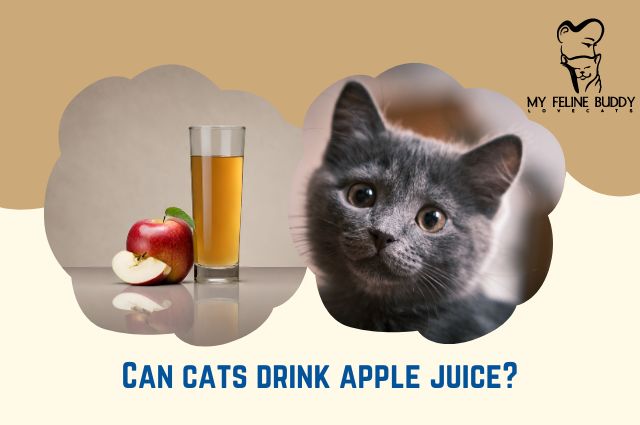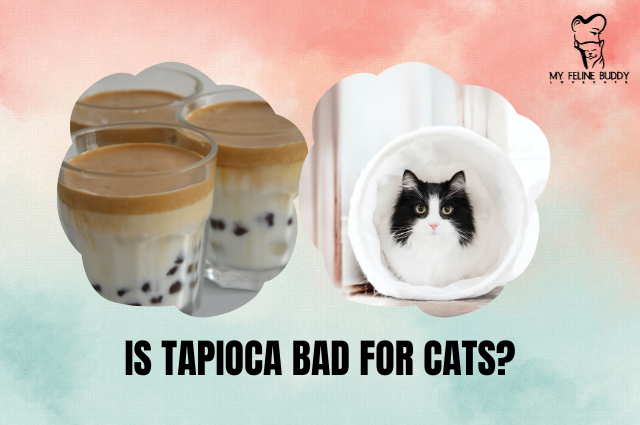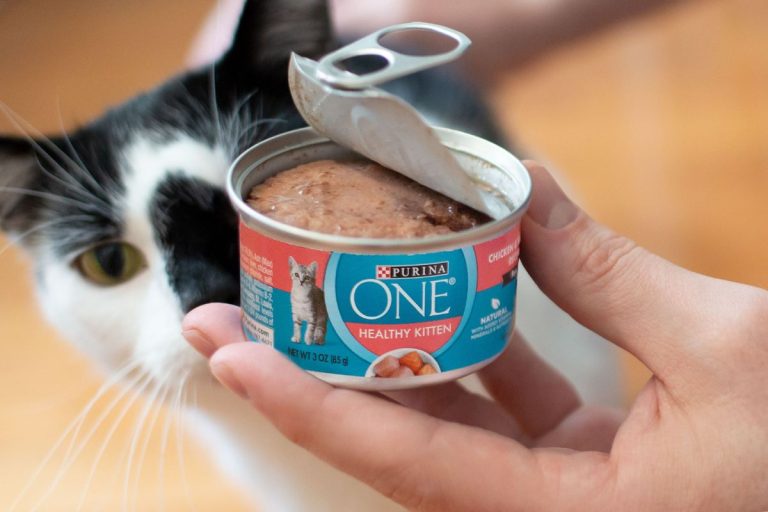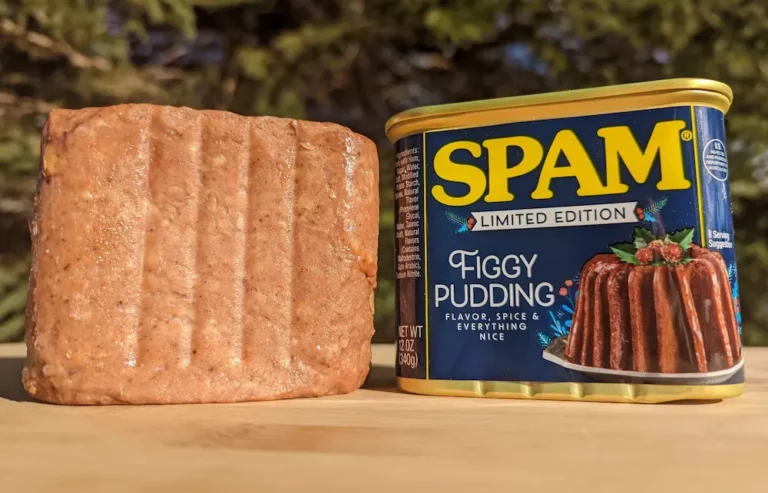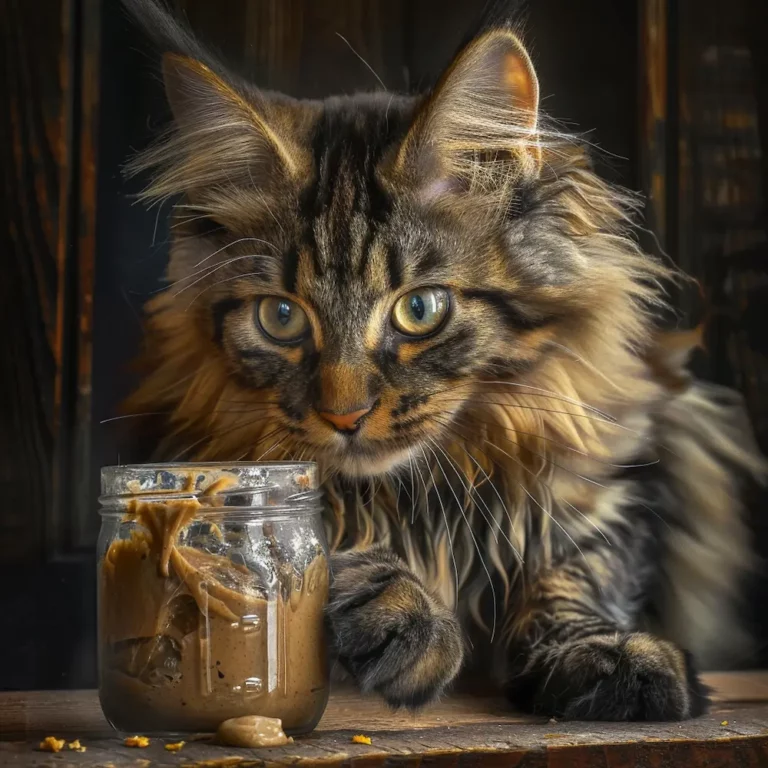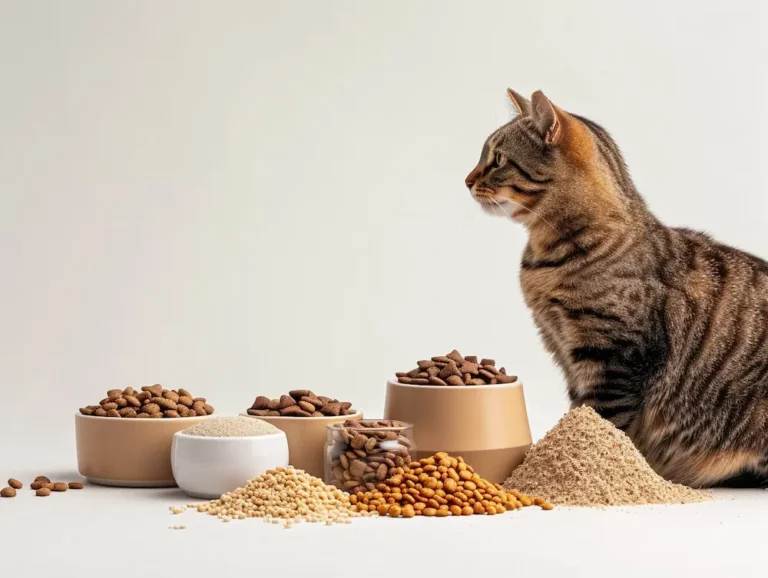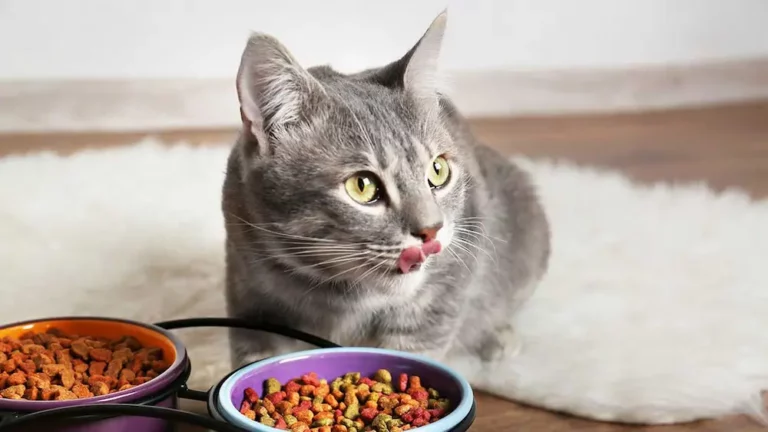Can Cats Drink Apple Juice?
You might have wondered at some point whether it’s safe for your feline friend to indulge in a sip of apple juice. After all, cats can be curious creatures, and sometimes they seem interested in what you’re drinking.
But before you let your
Cats have specific dietary requirements tailored to their carnivorous nature.
While apple juice is a common human beverage, it doesn’t necessarily align with what cats need to thrive. In this article, we’ll explore the world of feline nutrition and answer the pressing question: Can cats drink apple juice?
Cats and Their Unique Dietary Needs
Cats are obligate carnivores. For optimal health, their diet should be primarily composed of animal-based proteins. In the wild, their diet consists of prey animals, and they have evolved to digest and derive their essential nutrients from meat.
Their dietary needs include high-quality proteins, fats, and certain vitamins and minerals that they would naturally obtain from consuming prey.
As a responsible pet owner, you ought to be aware of these dietary preferences and limitations. While cats are known to be curious eaters, offering them foods that don’t align with their natural diet can lead to health problems.
If you want to ensure your
Apple Juice: Nutritional Composition
Apple juice is a commonly enjoyed beverage among humans.
It’s made by extracting the juice from apples and is often available in various forms, including fresh-pressed, pasteurized, and with or without added sugars.
The nutritional composition of apple juice primarily consists of carbohydrates, particularly sugars, and a modest amount of vitamin C.
Now, let’s compare this composition to the nutritional needs of cats. Cats don’t require carbohydrates in the same way humans do, as they can’t efficiently digest and utilize them.
Additionally, while they need certain vitamins, such as vitamin C, they obtain these from their natural diet.
Can Cats Drink Apple Juice?
Ideally, no. But to understand this answer better, let’s consider several factors.
First, the concentration and dilution of the apple juice matter. Highly concentrated, sweetened apple juice isn’t suitable for cats due to its high sugar content.
This can lead to various health issues, including obesity and diabetes. On the other hand, diluted, unsweetened apple juice poses fewer risks but still lacks significant nutritional benefits for your feline friend.
When thinking about offering your
These can be harmful to your feline friend’s health. If you do decide to introduce your
Recommended Product: If you’re concerned about meeting your
The Potential Dangers of Apple Juice for Cats
While the idea of your
High Sugar Content
Apple juice is loaded with sugar, which is not a part of a
Excessive sugar intake can lead to obesity and, more alarmingly, diabetes. It can also affect your
Digestive Issues
Cats have sensitive digestive systems.
Introducing new, unfamiliar substances, like apple juice, can lead to digestive upset. Diarrhea, vomiting, or gastrointestinal discomfort are all possible consequences.
Allergies and Intolerances
Cats can have allergies and intolerances, just like humans. Apple juice may contain allergens or components that your
Signs of allergies or intolerances can include skin issues, vomiting, diarrhea, or excessive itching.
To keep your
Safe Alternatives for Hydration
Proper hydration is essential for your
Fresh Water
The best way to keep your
Cat Milk
Cat milk is specially formulated to be safe and suitable for feline consumption. You can find products like Whiskas Catmilk, which is a lactose-free option designed for cats.
Wet Cat Food
Wet
By providing these options, you can ensure your
Understanding Cats’ Taste Preferences
Cats have unique taste preferences and a keen sense of smell that influences what they choose to eat and drink.
They are often attracted to the aroma and texture of their food and beverages. However, cats have limited taste receptors for sweetness, which makes them less inclined to appreciate sugary substances like apple juice.
If your
Some cats may be more interested in exploring the container or the condensation on the glass than the actual liquid.
To gauge your
Keep in mind that their preferences may vary, and it’s essential to respect their choices when it comes to food and drink.
Signs of Apple Juice Toxicity in Cats
Understanding the potential dangers of apple juice for your
- Vomiting: Cats may vomit as their body tries to eliminate the foreign substance.
- Diarrhea: Gastrointestinal distress can lead to diarrhea, another common symptom of intoxication.
- Lethargy: Your
cat might become unusually tired or unresponsive. - Excessive Thirst: Paradoxically, apple juice might make your
cat thirstier, leading to increased water consumption. - Increased Urination: The extra fluids may result in more frequent urination.
- Loss of Appetite: Your
cat may refuse to eat, indicating discomfort or distress. - Dehydration: Excessive vomiting and diarrhea can lead to dehydration, which can be life-threatening.
If you observe these symptoms or suspect that your
Recommended Product: To ensure you’re always prepared for emergencies like this, consider having a pet first aid kit like a Pet First Aid Kit. It contains essential supplies to handle minor injuries or emergencies until you can reach your veterinarian.
Keeping Your Cat Safe
Now that you’re informed about the risks of apple juice for your
Secure Your Beverages
Ensure that your drinks, including apple juice, are kept out of your
Read Labels
If you must offer your
Teach Boundaries
Train your
Supervise Interactions
When you’re enjoying your own beverages, keep an eye on your
Final thoughts
While the idea of sharing apple juice with your
To keep your
You might also like: Cat food ingredients – What you should know
Frequently Asked Questions
You’ve learned a lot about cats and apple juice, but you might still have some burning questions. Let’s address some of the most common queries related to this topic.
Can Cats Have Any Fruit Juice?
While small amounts of some fruit juices might be safe for cats, it’s generally best to stick to water or
Is There Cat -Friendly Juice?
There are
What Happens if My Cat Drinks a Lot of Apple Juice?
Consuming a significant amount of apple juice can lead to digestive issues — especially diarrhea and vomiting. The high sugar content can contribute to obesity and diabetes over time.
Can Kittens Have Apple Juice?
It’s even more critical to avoid giving apple juice to kittens, as their developing digestive systems are more sensitive. Stick to their mother’s milk or specially formulated kitten milk.
Read more: What to feed a kitten
What if My Cat Accidentally Drinks Apple Juice?
If your
Author’s Note
As a responsible
While the idea of sharing your favorite beverages with your
You might also like: Can cats have maple syrup?
To meet your cat’s nutritional needs while ensuring their safety, consider high-quality
Thank you for taking the time to explore this topic. Your commitment to your
